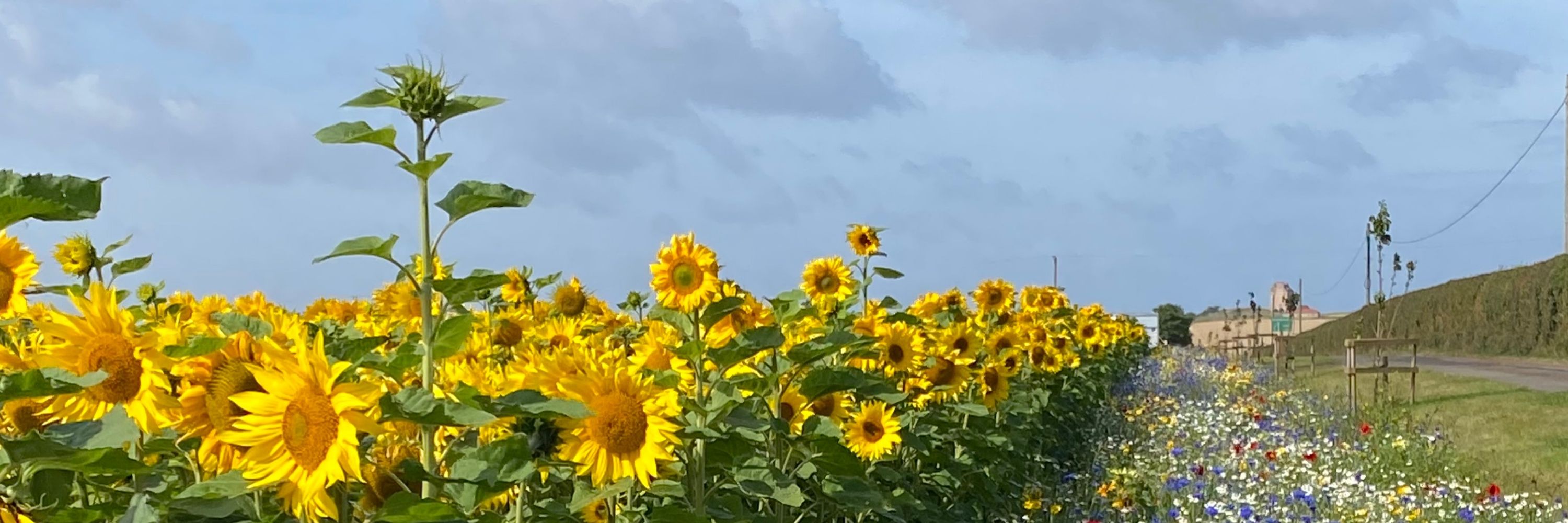
Deputy HOD, KS4 lead; Examiner; Reading/Oracy lead; MA Women and writing; CELTA, MA English in Education; BBC Bitesize writer and reviewer
#UKEd
#EduSky
#UKteaching
#EdUK
Use in: Science, Geography, Languages, etc.
What: Pupils explain a key term or concept in their own words and use it in context.
Impact: Deepens word-level understanding, especially for tier 2/3 vocab.
Example:
• “Define and explain ‘photosynthesis’.
Use in: Science, Geography, Languages, etc.
What: Pupils explain a key term or concept in their own words and use it in context.
Impact: Deepens word-level understanding, especially for tier 2/3 vocab.
Example:
• “Define and explain ‘photosynthesis’.
What: One group explains a topic to the class from memory or with short prep.
Impact: Promotes collaboration, confidence, and ownership of revision.
What: One group explains a topic to the class from memory or with short prep.
Impact: Promotes collaboration, confidence, and ownership of revision.
Use in: English, History, Languages
What: One student takes on the role of a historical figure, character, or expert; others ask them questions.
Impact: Encourages empathy, recall, and understanding of motivations.
Use in: English, History, Languages
What: One student takes on the role of a historical figure, character, or expert; others ask them questions.
Impact: Encourages empathy, recall, and understanding of motivations.
Use in: Humanities, Science, English, RE
What: Pupils explore arguments for and against a viewpoint, using evidence.
Impact: Develops critical thinking and evaluative skills.
Example:
• English: Jekyll is good; Hyde is evil - to what extent do you agree?
Use in: Humanities, Science, English, RE
What: Pupils explore arguments for and against a viewpoint, using evidence.
Impact: Develops critical thinking and evaluative skills.
Example:
• English: Jekyll is good; Hyde is evil - to what extent do you agree?
Use in: All subjects
What: Students quiz each other using pre-written or self-made flashcards or question banks.
Impact: Peer teaching and retrieval in one activity.
Variation: Add a challenge — explain your answer, not just state it.
Use in: All subjects
What: Students quiz each other using pre-written or self-made flashcards or question banks.
Impact: Peer teaching and retrieval in one activity.
Variation: Add a challenge — explain your answer, not just state it.
Use in: Maths, Science, Computing
What: Pupils talk through the steps of solving a problem as they do it.
Impact: Makes thinking visible and supports reasoning.
Example:
• “Talk me through how you’d solve this equation.”
• “Explain what each part of the circuit is doing.”
Use in: Maths, Science, Computing
What: Pupils talk through the steps of solving a problem as they do it.
Impact: Makes thinking visible and supports reasoning.
Example:
• “Talk me through how you’d solve this equation.”
• “Explain what each part of the circuit is doing.”
What: After individual thinking, students pair up and verbally explain or justify their thinking.
Impact: Encourages metacognition and deeper thinking.
Sentence starters to support:
• “The key idea here is…”
• “This links to…”
• “One challenge is…”
What: After individual thinking, students pair up and verbally explain or justify their thinking.
Impact: Encourages metacognition and deeper thinking.
Sentence starters to support:
• “The key idea here is…”
• “This links to…”
• “One challenge is…”
What: Students speak for 60 seconds on a topic without pausing or repeating themselves. (Allowed: key topic words!)
Impact: Improves fluency and consolidates vocabulary.
Example:
• Geography: “Speak for 1 minute about coastal erosion.”
What: Students speak for 60 seconds on a topic without pausing or repeating themselves. (Allowed: key topic words!)
Impact: Improves fluency and consolidates vocabulary.
Example:
• Geography: “Speak for 1 minute about coastal erosion.”
Use in: All subjects
What: Pupils talk through what they remember about a topic before checking notes.
Impact: Boosts memory and independence.
Variations:
• One-minute recap
• “What can you remember about…?” round-robin
• Mind map from memory — then explain it aloud
Use in: All subjects
What: Pupils talk through what they remember about a topic before checking notes.
Impact: Boosts memory and independence.
Variations:
• One-minute recap
• “What can you remember about…?” round-robin
• Mind map from memory — then explain it aloud
What: Students explain a concept, process, or topic to a peer as if they’re teaching it to someone younger or unfamiliar.
Impact: Strengthens understanding and highlights misconceptions.
Example:
• Science: Explain how osmosis works.
What: Students explain a concept, process, or topic to a peer as if they’re teaching it to someone younger or unfamiliar.
Impact: Strengthens understanding and highlights misconceptions.
Example:
• Science: Explain how osmosis works.

